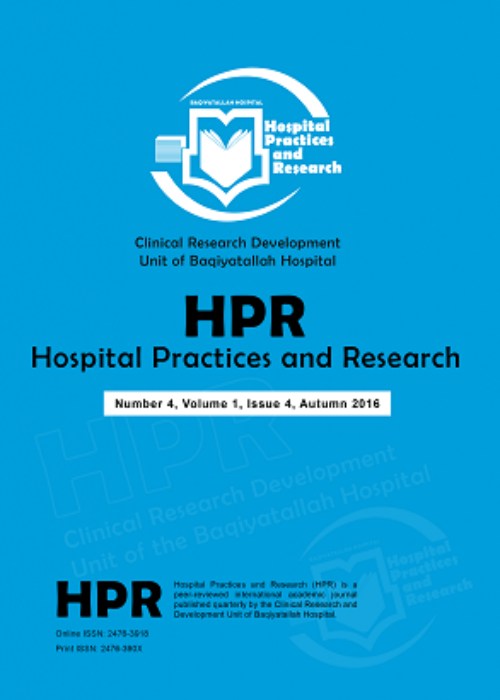Family Income May Better Protect White Than Black American Youth Against Suicidality
Author(s):
Article Type:
Research/Original Article (دارای رتبه معتبر)
Abstract:
Background
High income is a protective factor against suicidality for children, youth, and adults, however, recent research has documented weaker health effects of high income for Black than White individuals, a pattern also called marginalization-related diminished returns (MDRs).Objectives
In this study, we tested racial variation in the association between high income and suicidality in a national sample of 9-10-year-old Black and White American children.Methods
This cross-sectional study used data from the Adolescent Brain Cognitive Development (ABCD) study, which included 7298 White or Black children between the ages of 9 and 10. Of all the participants, 5652 were White and 1646 were Black. The predictor variable was family income, treated as a continuous measure. Race was the moderator. The outcome variable was suicidality, treated as a dummy variable, reflecting any positive suicidal thoughts or behaviors endorsed over the lifecourse. Covariates included sex, age, family structure (parental marital status), parental education, trauma, history of depression, neighborhood poverty, and family conflict. Logistic regression was used for data analysis.Results
Overall, family income was inversely associated with children’s suicidality, net of all covariates. A statistically significant interaction was found between race and family income, suggesting that the inverse association between family income and suicidality is weaker in Black than White children.Conclusion
The observed weaker association between income and suicidality in Black than White children suggests that family income does not provide the same protection against suicidality for Black as White children. Due to racism, income and some other socioeconomic status indicators show weaker than expected health effects on Black families in the US.Keywords:
Language:
English
Published:
Hospital Practices and Research, Volume:7 Issue: 2, Spring 2022
Pages:
50 to 57
https://magiran.com/p2496678
دانلود و مطالعه متن این مقاله با یکی از روشهای زیر امکان پذیر است:
اشتراک شخصی
با عضویت و پرداخت آنلاین حق اشتراک یکساله به مبلغ 1,390,000ريال میتوانید 70 عنوان مطلب دانلود کنید!
اشتراک سازمانی
به کتابخانه دانشگاه یا محل کار خود پیشنهاد کنید تا اشتراک سازمانی این پایگاه را برای دسترسی نامحدود همه کاربران به متن مطالب تهیه نمایند!
توجه!
- حق عضویت دریافتی صرف حمایت از نشریات عضو و نگهداری، تکمیل و توسعه مگیران میشود.
- پرداخت حق اشتراک و دانلود مقالات اجازه بازنشر آن در سایر رسانههای چاپی و دیجیتال را به کاربر نمیدهد.
In order to view content subscription is required
Personal subscription
Subscribe magiran.com for 70 € euros via PayPal and download 70 articles during a year.
Organization subscription
Please contact us to subscribe your university or library for unlimited access!


